On August 13, 2025, in the cosy atmosphere of the Separate Structural Subdivision “Poltava Professional College of Oil and Gas of the National University «Yuri Kondratyuk Poltava Polytechnic»”, an art therapy session “Symbols of Peace in Our Lives” was held for internally displaced persons. The participants did not just talk about peace; they learned to create it, feel it, and take it with them. The session aimed to help reduce anxiety and fear, strengthen the connection with Ukrainian cultural identity, and create an atmosphere of cohesion through joint creative activity.
This event took place within the framework of the large-scale international Erasmus+ KA220-ADU project “TRUST” – Trauma of refugees in Europe: An approach through art therapy as a solidarity program for Ukraine war victims (Grant No. 2024-BE01-KA220-ADU-000257527).
The project title is decoded as follows:
TRUST
T – Trauma
R – Refugees
U – Ukraine
S – Solidarity
T – Therapy
The project is co-funded by the EU and led by the Centre Neuro Psychiatrique St-Martin from Belgium, in partnership with the National University “Yuri Kondratyuk Poltava Polytechnic” (Ukraine), Greek Carers Network EPIONI (Greece), Fondazione Don Luigi Di Liegro (Italy), Lekama Foundation (Luxembourg), EuroPlural Project (Portugal).
The moderators of this art therapy session were Lesia Klevaka, Ph.D. in Pedagogy, Acting Head of the Department of Psychology and Pedagogy, Associate Professor, and Viktoriia Shevchuk, Ph.D. in Psychology, Associate Professor of the Department of Psychology and Pedagogy, under whose guidance the participants immersed themselves in a deep and multifaceted work with their own inner world. “Today we will be looking for symbols of peace that help us feel safe and in harmony, even in difficult times”, – the trainers noted, setting the tone for the entire meeting.
Special attention was paid to strengthening the connection with Ukrainian cultural identity through the use of national symbols and promoting social cohesion in the group through joint creative activity.
The journey to oneself began with a gentle yet profound projective technique, “The Cube in the Desert”. This exercise, resembling a guided meditation, allows for the discovery of hidden beliefs about oneself, one's resources, needs, and sense of security through metaphorical images (a cube, a ladder, flowers, a horse). For people who have experienced trauma, such an indirect method is extremely ecological, as it allows for touching upon complex topics without direct, painful discussion. This was followed by a meditation to calming music and a grounding exercise, “Mindful Being”, which helped to relieve physical tension and return to the “here and now” – a skill that is key in combating anxiety.
The culmination of the meeting was the creative part – the drawing exercise “My Island of Peace”. The participants were invited to create a symbolic image on paper of a place where they feel absolute harmony and protection. This was not just a drawing, but an act of making one's own mental sanctuary. Some depicted a cosy house in the mountains, others a blooming garden, and still others a quiet seashore. Every element in the drawing had a profound meaning: trees symbolised support, water – purification, and flowers – hope. This process allowed them not only to visualise but also to literally feel this state of peace, creating a powerful visual “anchor” to which they can return in difficult moments.
To deepen the work with images, the trainers used metaphorical associative cards. Each participant chose a card that best answered the question, “What is a symbol of my peace?”. This helped to concretise and verbalise the feelings that arose during the drawing. Images of a key, a tree, a book, or a lighthouse became individual signs associated with peace and stability.
The atmosphere of the session was filled with warmth, silence, and mutual support. The participants shared that for the first time in a long while, they were able to distract themselves from anxious thoughts and truly relax. Thanks to the session, they not only gained a new experience of self-discovery but also felt the unity and warmth of the group, which is especially important in a period when many social ties have been lost. This session proved that inner peace is not the absence of problems, but a skill that can and should be developed, and art therapy is one of the most effective tools for this.
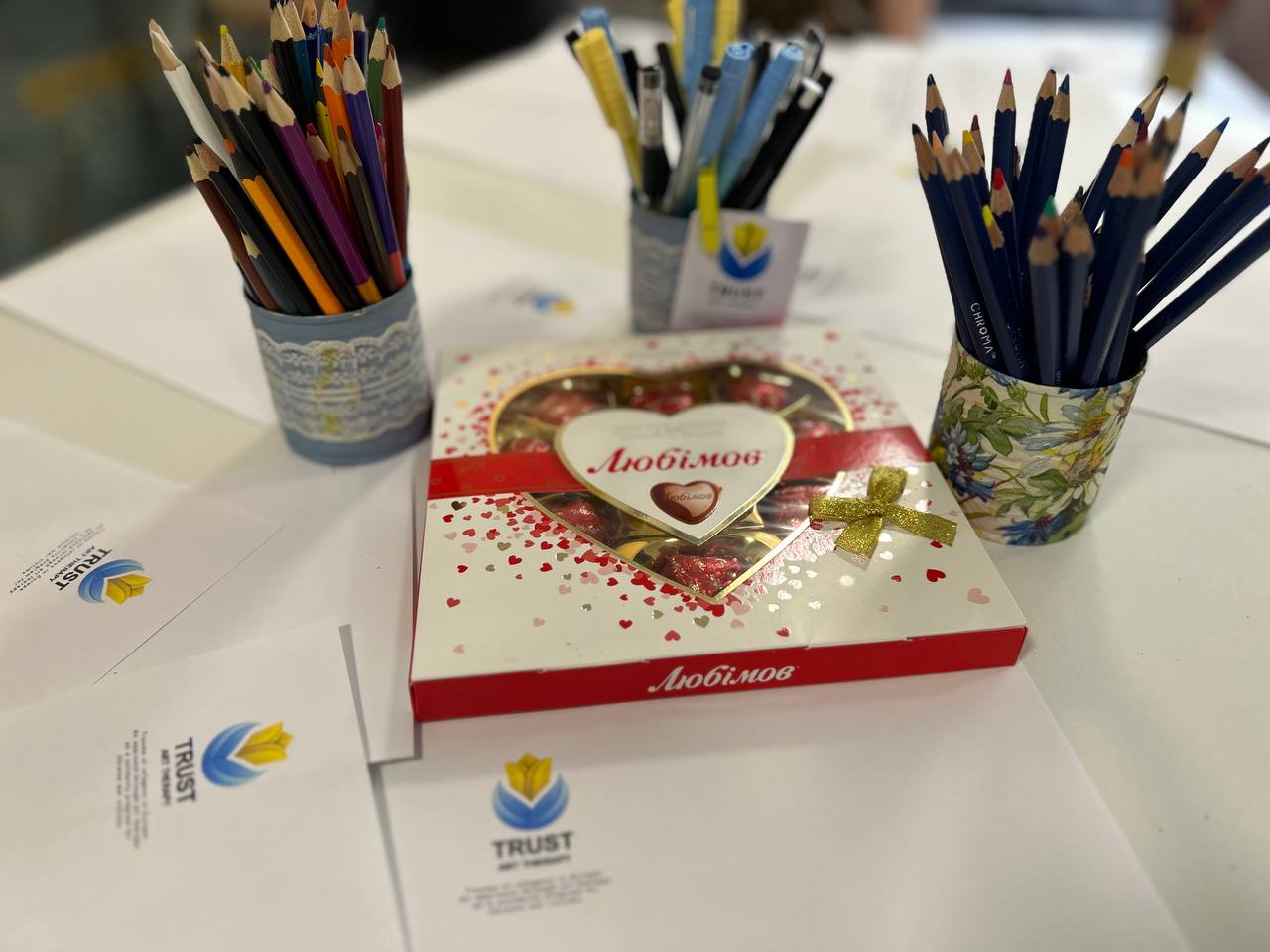
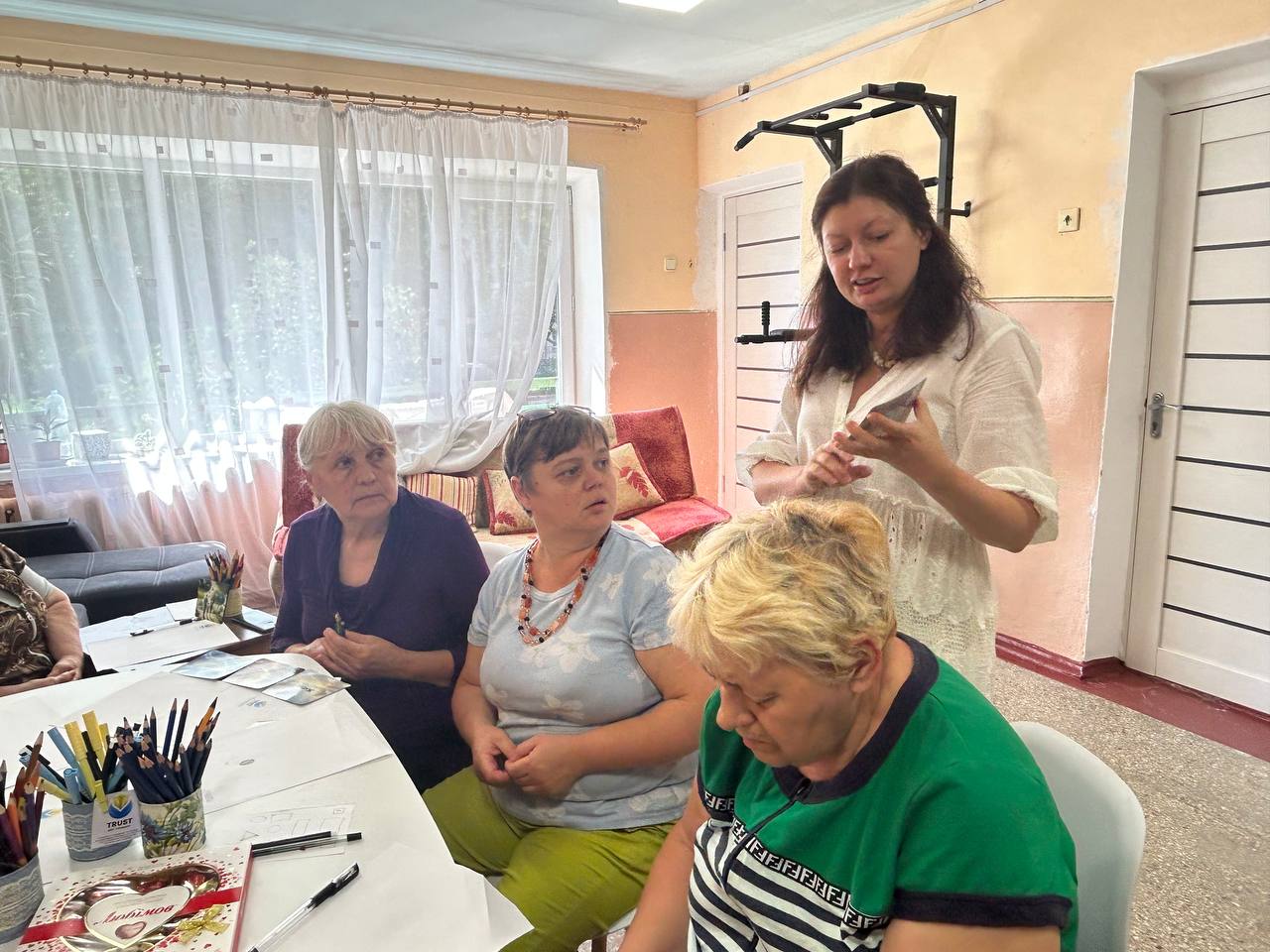
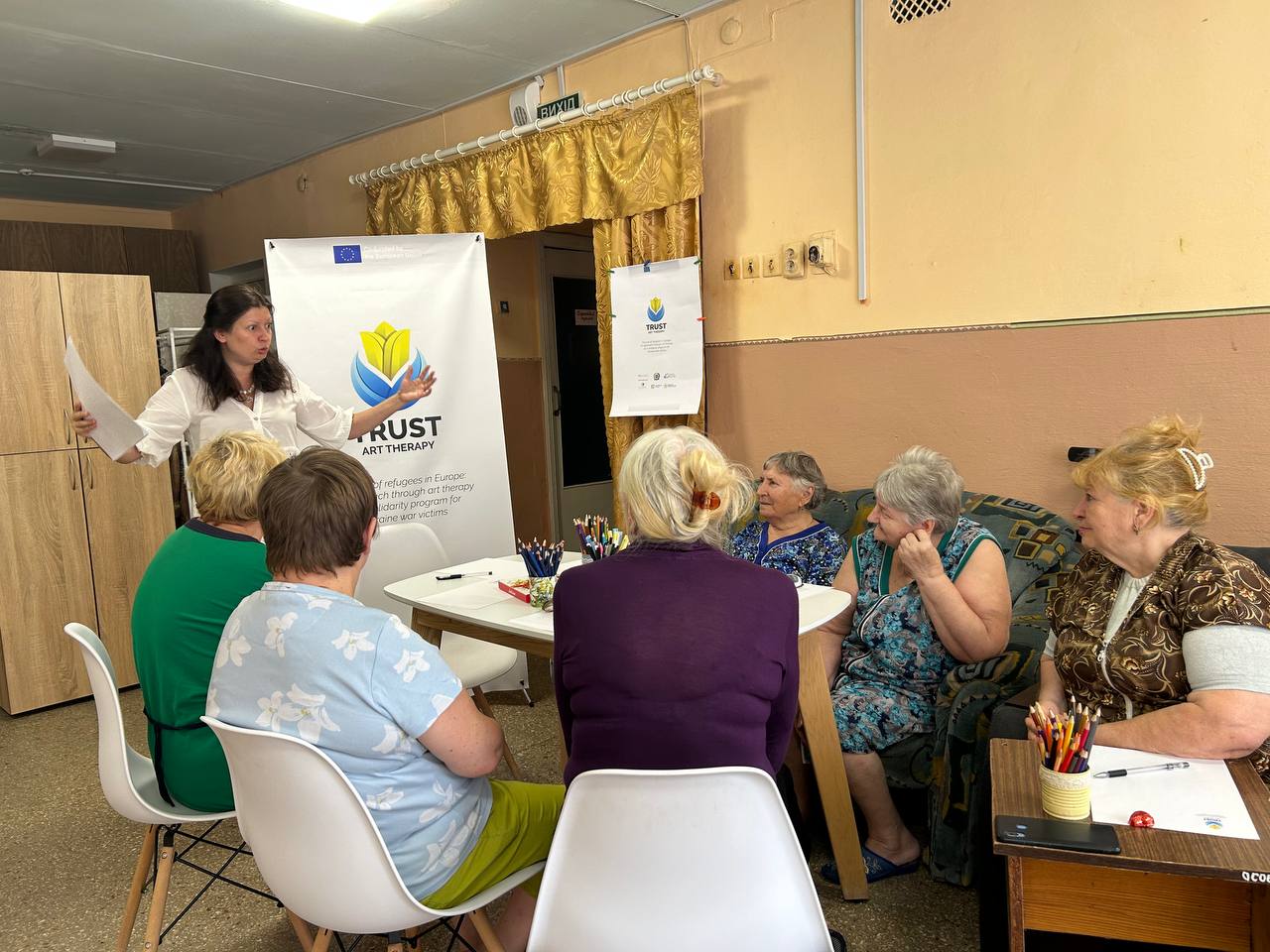
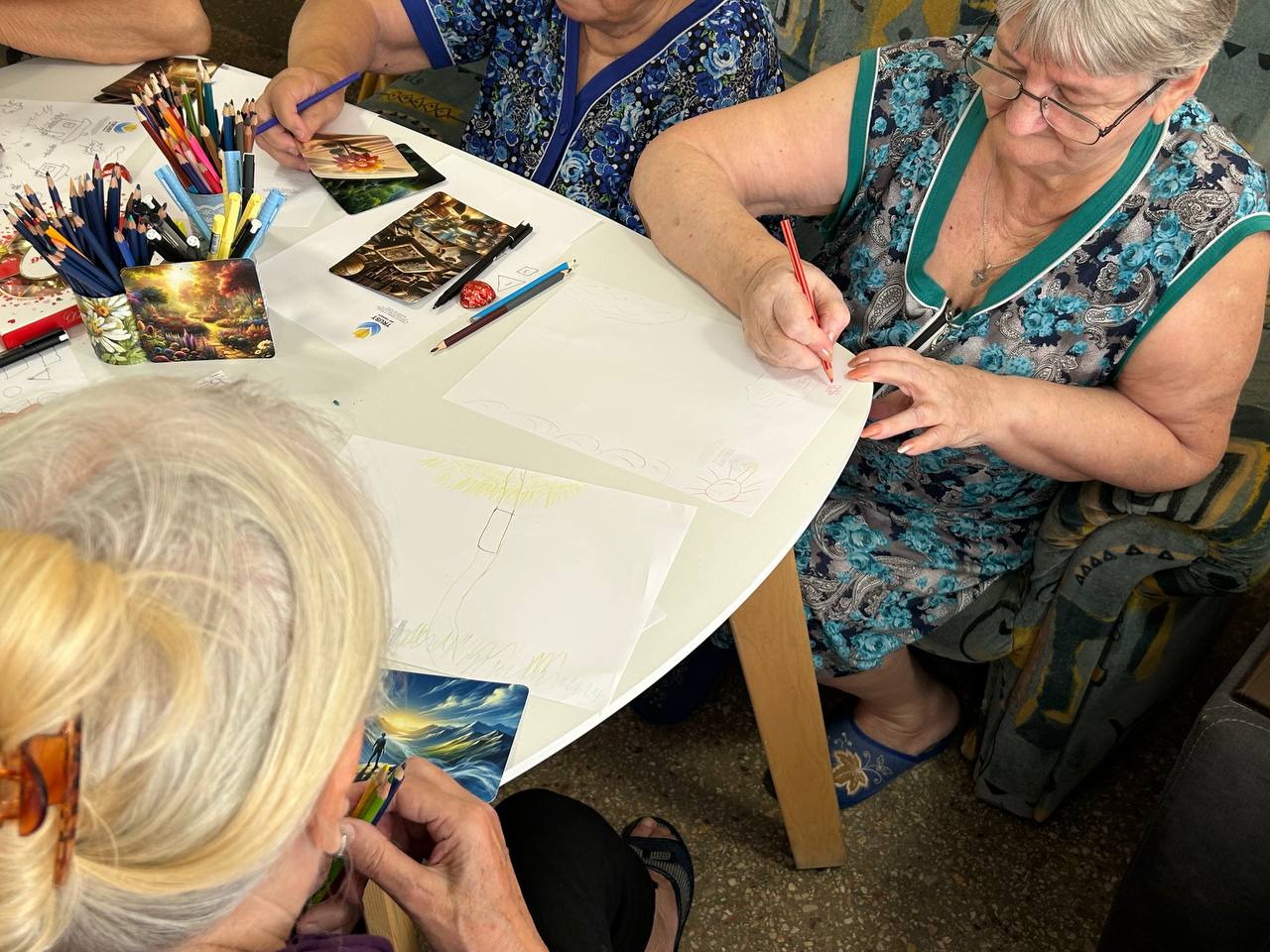
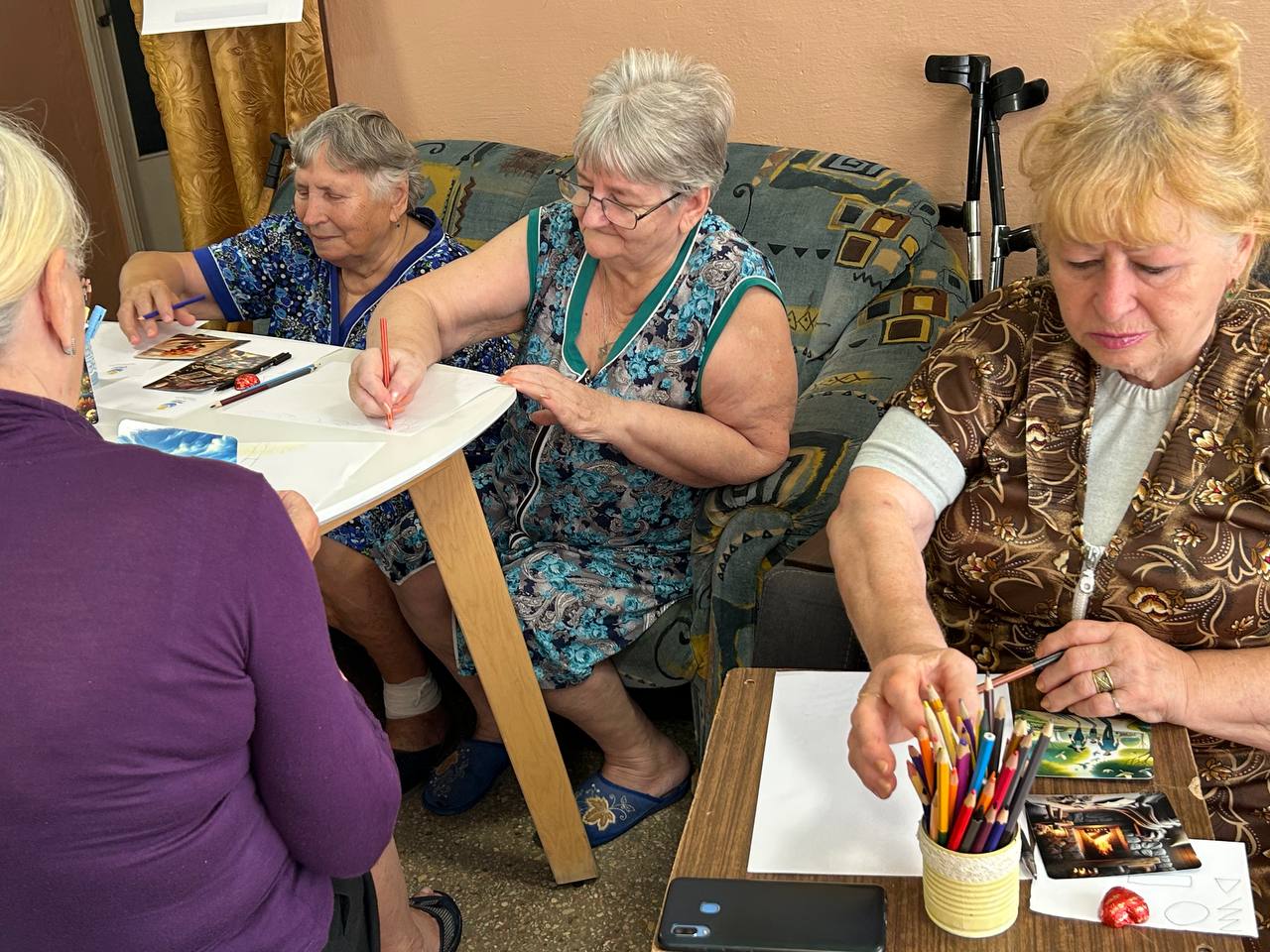
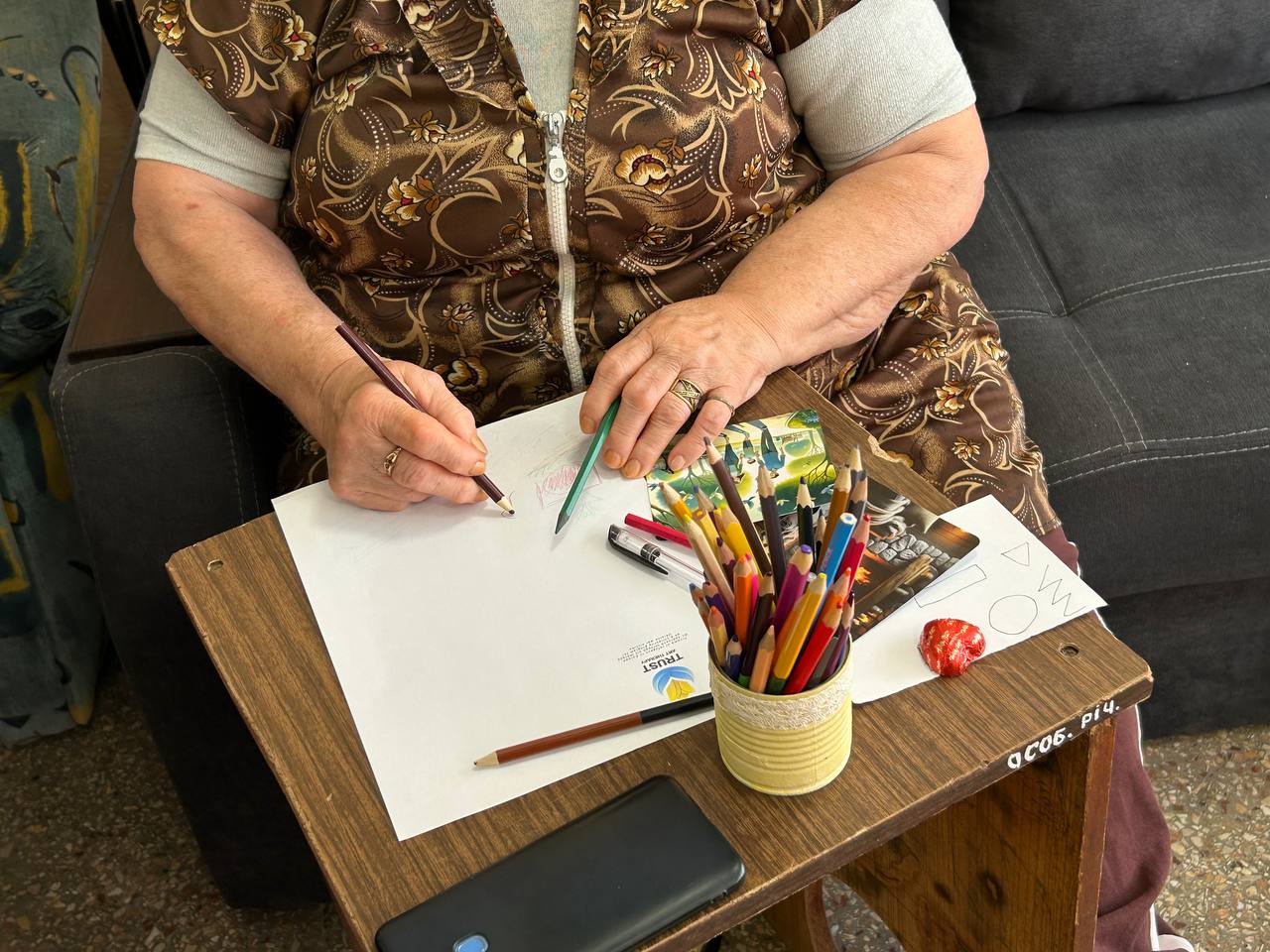
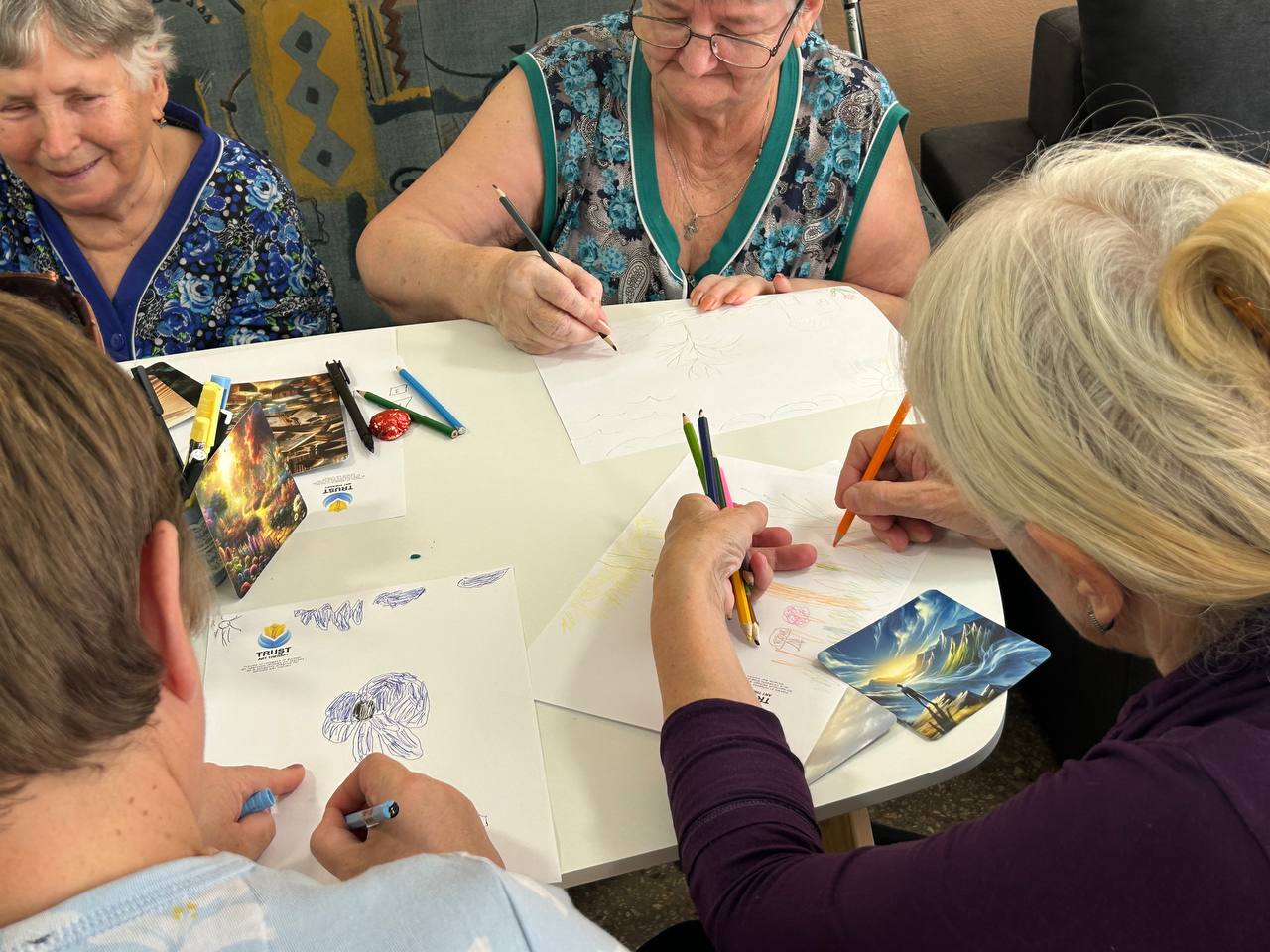
As a reminder, the faculty of Poltava Polytechnic can participate in academic mobility and internship programs. Students can study abroad through Erasmus+ credit academic mobility grant programs for a semester or a full academic year at leading universities in Austria, Greenland, Denmark, Estonia, Finland, France, Germany, Greece, Ireland, Italy, Latvia, Lithuania, Luxembourg, the Netherlands, Norway, Poland, Portugal, Romania, Slovakia, Spain, Sweden, and the Czech Republic.
For more detailed information on current internship, teaching, and academic mobility programs abroad, please get in touch with the International Relations Office (office 213-C, interoffice@nupp.edu.ua) or the coordinator of international activities at the National University “Yuri Kondratyuk Poltava Polytechnic” – Anna Pavelieva, Ph.D. in Philology, Associate Professor of the Department of Germanic Philology and Translation (email: kunsite.zi@gmail.com, phone: +38-(095)-91-08-192).
Media Centre of
National University “Yuri Kondratyuk Poltava Polytechnic”



